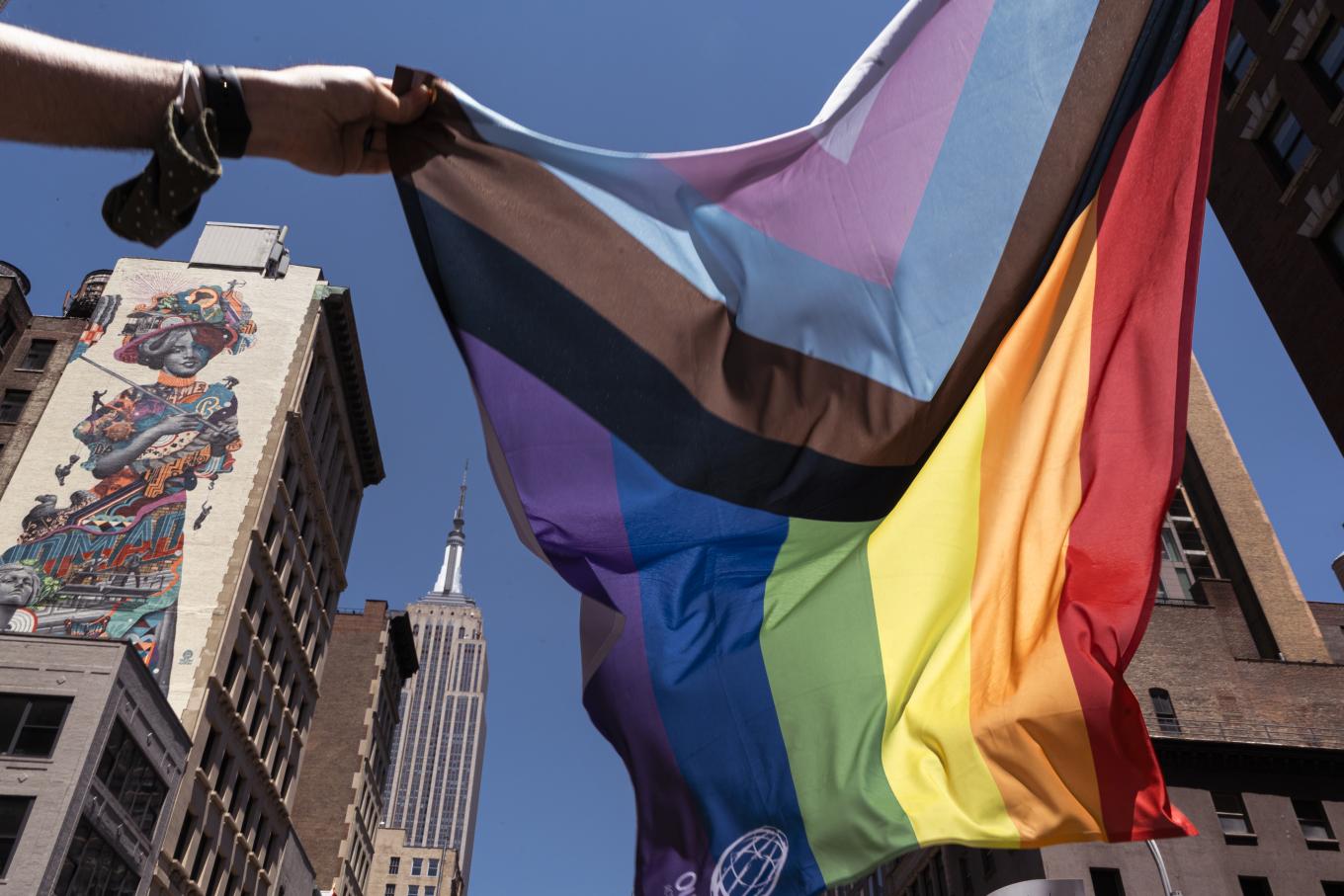
Country Overview
Niger
At a glance
View more for this country:
While same-sex intimacy is legal in Niger, the age of consent for same-sex sexual acts is set at 21, higher than that for different-sex sexual acts, set at 13. Lawmakers have made several attempts to revise the criminal code in order to criminalize same-sex intimacy, with former President Mohamed Bazoum announcing in January 2023 his plans to establish a committee of experts to propose punishments for a range of acts, including same-sex sexual acts, LGBTIQ advocacy, public displays of same-sex affection, and same-sex marriage. The military junta that seized control of the country in July 2023 continued to fuel moral panic around gender and sexuality, with the Education Minister declaring in October of that year that the government intended to crack down on alleged attempts by "satanic circles, in collaboration with a foreign power and a small group of greedy Nigeriens" to introduce "LGBT practices and discourse" in the country, “particularly in the education sector.”
The 2021-2023 Afrobarometer ranks Niger among the worst countries in the world in terms of acceptance of sexual diversity, with 94.2 percent of respondents in the country claiming that they would dislike having "homosexuals" as neighbors. A 2022 survey shows that only 15 percent of respondents in Niger believe that the country is a good place for lesbian and gay people to live in. LGBT+ asylum seekers from other African countries who were stranded in Niger reported in 2022 that they were "living like prisoners" due to rampant discrimination and harassment.
Trans people cannot change their legal gender markers in Niger. Intersex infants and children are not protected from non-consensual medical interventions. LGBTIQ organizations exist in the country but cannot legally register and have to operate in secret, and the transition to military rule and increased targeting of human rights activists have likely made LGBTIQ organizing more difficult.
*Outright research indicates that the bodily autonomy of intersex people is not respected and protected in this country.
Global Impact
Sub-Saharan Africa
Outright supports LGBTIQ organizations in Sub-Saharan Africa and works with mainstream human rights organizations to respect human rights and influence positive changes in laws, policies, attitudes and beliefs that cause discrimination against LGBTIQ people.
United Nations
Our work at the United Nations centers around advocating for the advancement of the rights of LGBTIQ people.
View this regionAsia
Our work in Asia promotes acceptance of sexual and gender diversity at all levels of society.
View this regionSouthwest Asia and North Africa
In the Southwest Asia and North Africa, we partner with local groups in various countries as part of our international solidarity work. We also work with our local partners on different topics through capacity building, advocacy, research and holistic security.
Europe and Central Asia
Outright International partners with activists to fight for an end to human rights violations based on sexual orientation, gender identity and gender expression in Europe and Central Asia, where most of our work involves emergency responses to harassment, discrimination, violence, and most recently, Russia’s brutal and expanded invasion of Ukraine.
Americas
Our work in the Americas continues to build on the fundamental and positive transformation of human rights protections in recent years. We partner with groups in the Caribbean that focus on ending gender-based violence and eradicating discrimination against trans people.
Pacific
Our work in the Pacific aims to increase the visibility of activists, respond to human rights emergencies, and actively bridge local, regional, and international activism to achieve equality and justice.
Global
View this region
Human Rights Research
Since 1990, we have partnered with activists from all over the world to produce hundreds of groundbreaking reports.
Read Our Reports